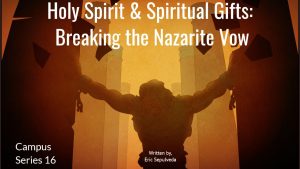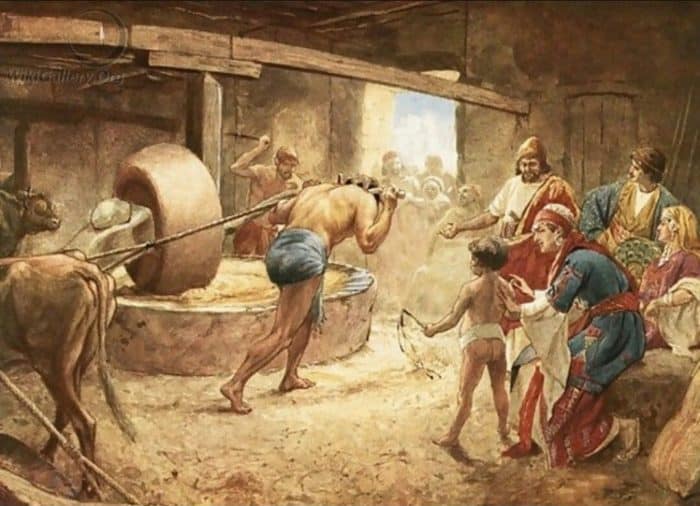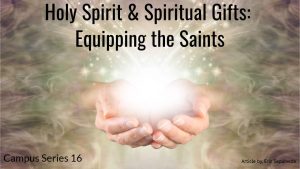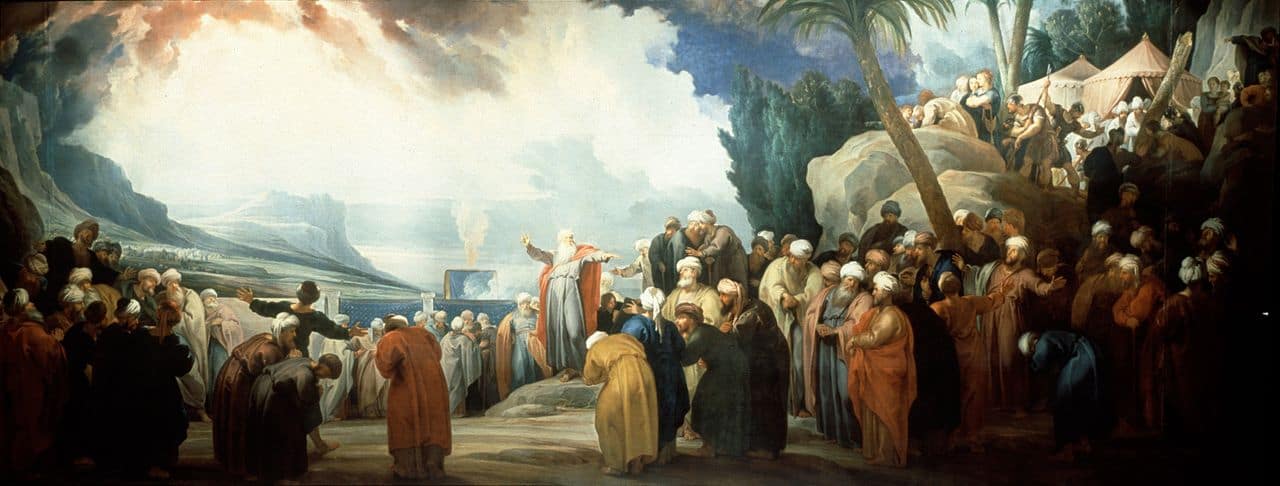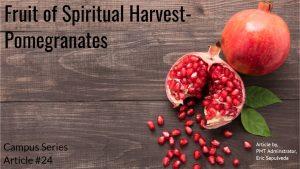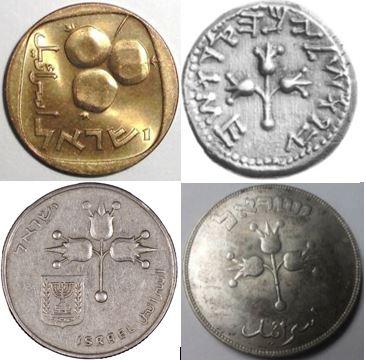Holy Spirit & Spiritual Gifts: King Without His Crown
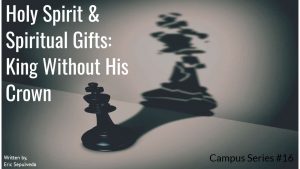
The Holy Spirit not only blesses us with unique spiritual gifts, but also gives us opportunities to exercise these gifts in different positions of power to carry out God’s Will. Saul was the first king of Israel, but, after he ascended to the throne, his humble nature was replaced with one of pride and fittingly, he was replaced as king.
Saul learned of his destiny to become king of Israel after seeking out Prophet Samuel for information about his father’s lost herd of donkeys. Though Saul is described as very handsome, coming from a prominent family, stranding a foot taller than anyone else, and the most promising man in all of Israel, he questioned Prophet Samuel’s declaration that Saul would own all the wealth of Israel as king, challenging that he was not deserving of such an honor since he came from the smallest family, of the smallest tribe (1 Samuel 9:1-21).
Samuel anointed Saul with holy oil and after coming across a band of prophets playing instruments, the Spirit of the Lord came upon Saul and he prophesied amongst the musicians. When Saul returned home, he told his family that Samuel had informed them that the donkeys had been found, but he did not to talk about his experiences with the prophets, nor Samuel’s prophecy that he would become king (ref. 1 Samuel 10:1-16).
Saul’s humbleness was seen again when Samuel gathers all the tribes of Israel so that a king can be appointed over them. After being chosen as supreme leader, Saul does not take the stage and arrogantly claim he deserved the position because he was head and shoulder above all men (ref. 1 Samuel 9: 2; 10:23). Instead, Saul was found hiding amongst the military munitions (1 Samuel 10:22).
Before Saul was anointed King over Israel, Prophet Samuel informed the newly crowned Saul that there would come a time that he would have a need for Samuel to offer sacrifices on his behalf at Gilgal, one of the sacred locations on Samuel’s circuit. When this time came, King Saul was to stay at that location for seven days, until Samuel arrived to perform the sacrifice (1 Samuel 10: 7-8).
Two years into his reign, before a major battle with the Philistines, King Saul gathered his men at Gilgal and waited for seven days as Prophet Samuel had instructed him. Since Samuel had not arrived by the beginning of the seventh day, Saul’s army became afraid, since they were greatly outnumbered and many abandoned him. In frustration, King Saul took it upon himself to kill the animal for sacrifice and just as he was placing it on the altar, Samuel arrived. When questioned why he directly disobeyed God’s command, Saul reasoned that Samuel had taken too long, too many troops had already left, and if a sacrifice wasn’t made soon, the Philistines would attack him there. This impertinence cost Saul his family lineage as kings over Israel.
Later, when Samuel instructs Saul that he is to lead an army to utterly destroy the Amalekites who had attacked the Israelites, after they had escaped Egypt, Samuel made it extremely clear that all humans and animal were to be slaughtered. Rather than follow this command, King Saul listened to his men and spared the Amalekite leader, King Agog, and took the best sheep and cattle as booty. When Prophet Samuel confronted King Saul as to why he rebelled and didn’t follow God’s command, Saul admitted that he feared the army and listened to them instead, making the excuse that the captured King Agog and the best sheep and cattle could be used as a sacrifice to God.
After his victory over the Amalekites, Saul set up a monument in his honor in Carmel (1 Samuel 15: 12), a literal sign of his arrogance. Saul’s self-worship is also displayed when he talked to Samuel concerning offering sacrifices to Samuel’s God, failing to claim the Creator as his own focus of praise (ref. 1 Samuel 15:15, 21, 30). Even after being told through Samuel that, due to his disobedience, he would no longer be king and that his position would be given to a better man, Saul dismisses his sin and is more concerned with Samuel honoring him before the elders of his tribe and the nation of Israel.
Saul was initially chosen by God because Saul did not want to be king. He didn’t think his family was prestigious enough for the honor and though he was physically above all the other men, when given established power over his countrymen, he shrunk himself away. But the pride that came from being king swelled him up and he became more concerned with his military men no longer following him, rather than following the instructions the Lord gave him. When told to totally annihilate the tribe that attacked the Israelites when they had fled from Egypt, Saul kept the spoils of war and paraded the captured enemy leader before building a statue to himself. Even when told the kingship would be taken from him for his disobedience, Saul was focused on maintaining the praise of men, rather than the approval of God.
Saul’s fall is still relevant to modern Christians in our current Age, since we are not chosen by God because of how tall we stand, but because of how humbly we bow before Him. Any offerings and sacrifices pale in comparison to obedience to His Voice. By maintaining the humble serving hearts we had when He promoted us, He will continue to give us more responsibilities, opportunities, and positions within His Spiritual Kingdom.
Prepared by, Kent Simpson, Apostolic Prophet & Eric Sepulveda, PMT Administrator


